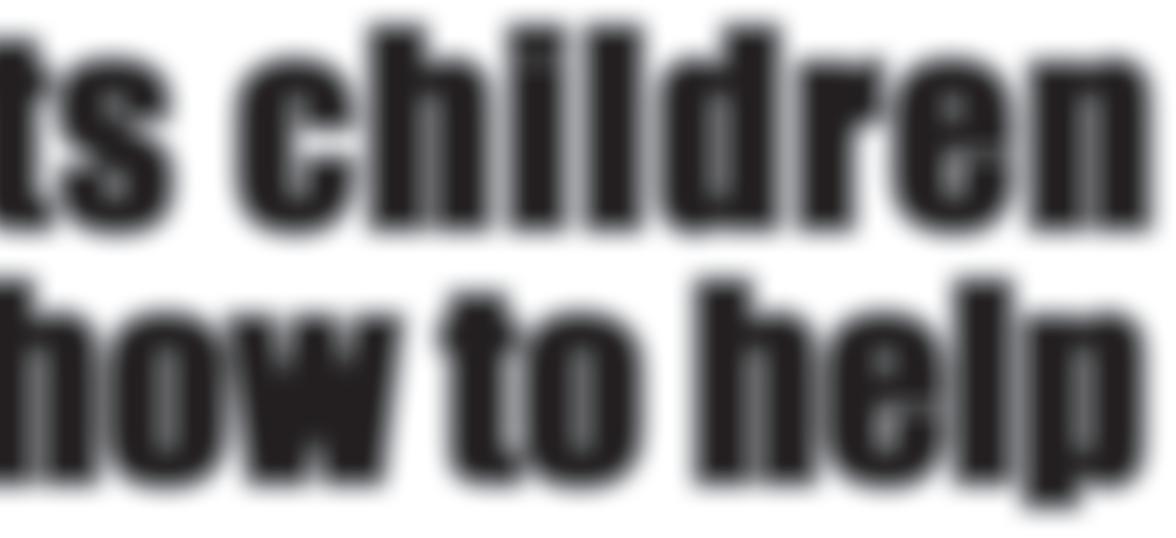
1 minute read
Bedwetting affects children of all ages- Here’s how to help
Approximately 20% of children may stop wetting the bed with these measures alone.
Additional treatment options for bedwetting include medications or bedwetting alarms:
Advertisement

- The most commonly used medication for bedwetting is desmopressin, or DDAVP. This pill is taken about one hour be- fore bedtime and works by decreasing the amount of urine that the body produces at night. The medication is very safe as long as you limit your child’s fluid intake in the evening. The pills don’t cure your child’s bedwetting, but they can help to keep your child dry while they are developing and maturing. The medications can be used every night or only for sleepovers.


- Bedwetting alarms work by waking your child up when they start to have an accident, so they can then go to the bathroom to finish urinating. Over time, children learn to wake up on their own when their bladder feels full. It is important to note that waking up your child at random times throughout the night to go to the bathroom does not seem to help in the long run, but the alarm, while it requires more work than the pills, can actually cure bedwetting permanently. If these treatments don’t work for your child, then there are other tests that can be considered to better understand your child’s bladder function or other medications that can be tried.
While bedwetting is not physically harmful and usually resolves on its own over time, there are treatments available if it is affecting your child’s quality of life. Our pediatric urology team at Montefiore is always available to help reassure your child that he/ she is not alone and to help come up with a treatment plan tailored specifically to your child’s needs.










